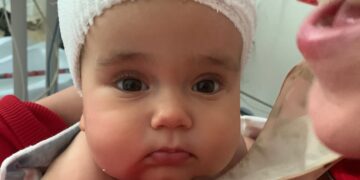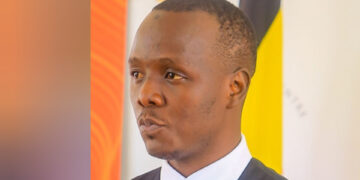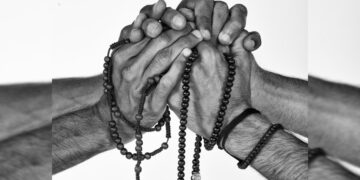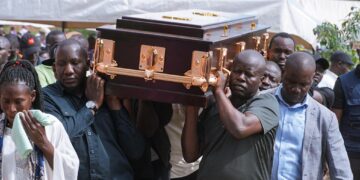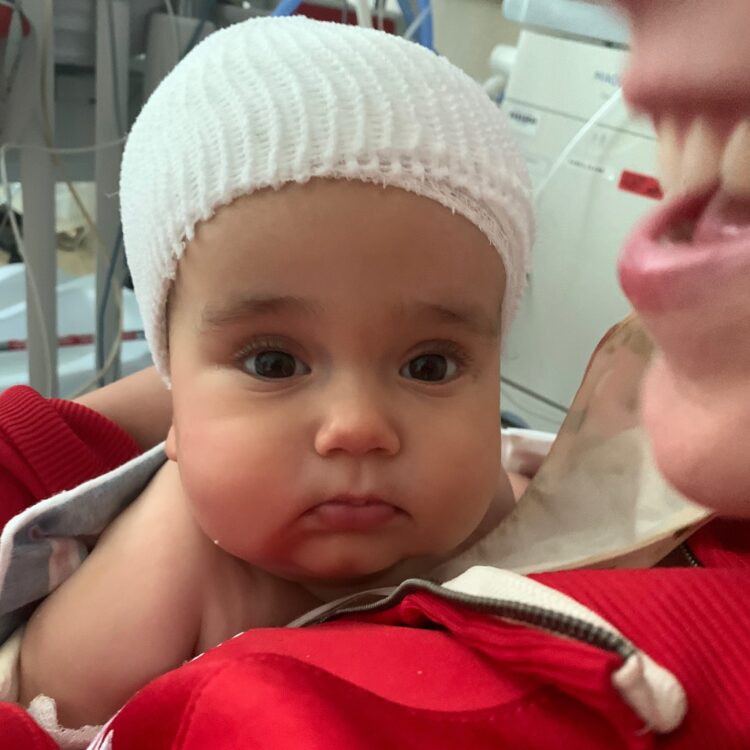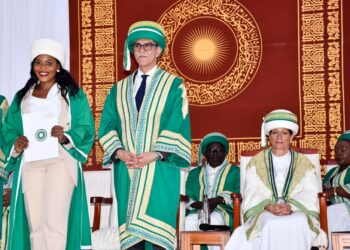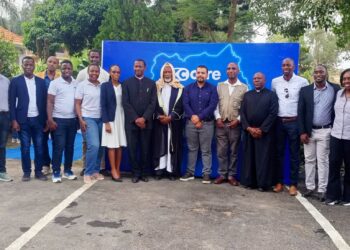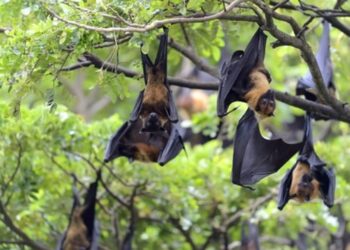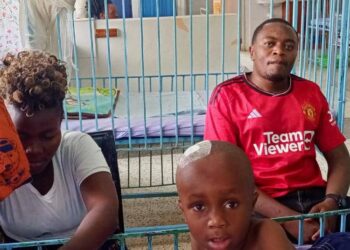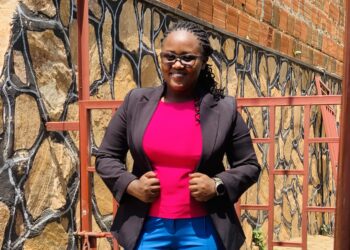By Leonard Kamugisha Akida,
KAMPALA
Each year, an estimated 3,278 children and adolescents develop cancer in Uganda, but only a third of them reach treatment, the Uganda Cancer Institute (UCI) has revealed.
Speaking at the launch of September Gold – Childhood Cancer Awareness Month 2025 in Kampala, the Head of Paediatric Oncology at UCI, Dr. Joyce Balagadde Kambugu, attributed the growing numbers to limited access to care and stigma surrounding childhood cancer.
“Despite low access to care, survival is possible for those who receive treatment,” Dr. Balagadde said. “Our five-year survival data show: 68% for Hodgkin’s lymphoma, 55% for Burkitt’s lymphoma, and 44% for Wilms tumour. These figures prove that survival is real and possible in Uganda.”
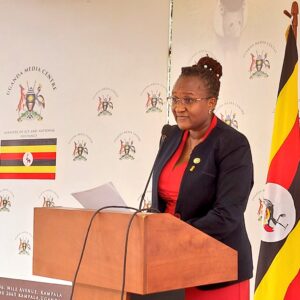
According to the oncologist, some parents and guardians deny children patients of cancer because they perceive childhood cancer as a death sentence, rather than a story of survival. He said such a mental perception stigmatizes the children.
“When a child is diagnosed with cancer, it is still widely equated to a death sentence. Families stop living. Hope is lost. Children are stigmatised.”
This year’s September Gold – Childhood Cancer Awareness Month is focusing on survival under the theme “Keeping Hope Alive.”
“This year in Uganda, we are shining the spotlight on something different: survival. This year’s message is about keeping hope alive,” Dr. Balagadde emphasized.
The Uganda Cancer Institute has announced three areas of focus this year; ensuring education continuity for children undergoing treatment, providing fertility preservation services through Mulago Women’s Specialised Hospital, and promoting equity in survival by extending support to vulnerable groups such as HIV-positive children, refugees, and children with albinism.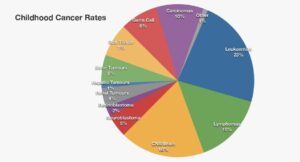
Among the activities planned this month are a UCI Open Day on September 16th and a Red Carpet Survivors Celebration on September 24th, where children who have completed treatment will walk the red carpet, ring the bell, and receive certificates.
Meanwhile, Dr. Balagadde called for early detection and support for children on cancer treatment.
“For the children not yet diagnosed, let us find them early and bring them into care. For the children in treatment, let us support them to live positively, not pause their lives. For the children who are out of treatment, let us manage their survivorship with dignity.”
Dr. Alfred Jatho, Head of Community Cancer Services at the Uganda Cancer Institute, said stigma and long distances are barriers to childhood cancer care.
“Stigma remains a major barrier, with families often hiding children with cancer due to fear of public judgment,” Dr. Jatho said. “Uganda now has regional cancer centers in Mbarara and Gulu, the main comprehensive childhood cancer care is still at the Uganda Cancer Institute in Kampala.”
He urged families to persist and seek early care, especially in case of persistent fever, or unexplained symptoms, stating that early detection improves survival chances.
